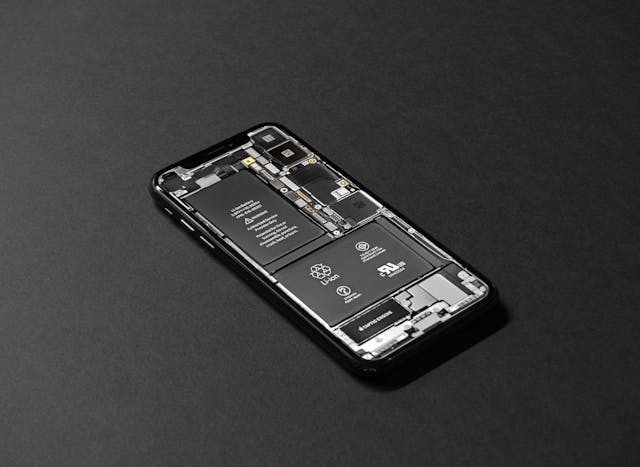For 15 years, smartphones evolved the same way: better cameras, faster chips, brighter screens, smaller bezels. But that era is ending. The next wave of change won’t be physical — it will be software-level intelligence built into the OS itself.
Apple, Google, Samsung, and multiple emerging startups are preparing to replace the “app world” with an AI-first operating system that understands intent, rewrites interface patterns, and executes tasks without users tapping through menus.
We’re entering the decade of the thinking phone.
How Phones Work Today (The Old Model)
Current phones are still built around the 2008 logic:
- Home screen full of apps
- Typing for search and messaging
- Menu-based navigation
- Manual task switching
- App-based data silos
Phones don’t actually “think.” They just **wait for instructions**.
That will not be true in 2026–2028.
What AI Operating Systems Will Replace
✅ Typing → conversational voice + gesture intent
✅ Opening apps manually → system auto-opens the tool needed
✅ Searching → predictive answers based on context and history
✅ App hopping → cross-app execution (one command, multiple apps triggered)
✅ Notifications → AI-prioritized stack, not chronological spam
✅ Task flow → “Do this for me” instead of “Open, tap, scroll, confirm”
The UI will stop being **tap-driven** and become **intent-driven**.
Example: How It Will Feel
Today: Open email → search inbox → reply → attach file → hit send.
AI OS: “Send the last proposal PDF to Sarah and ask if we’re confirmed for Monday.”
You never opened an app. The phone understood the task, found the file, wrote the email, sent it.
That’s not “assistant mode.” That’s **AI as the operating system itself**.
Why Apps Will Become Invisible
Most apps exist only because phones can’t think for themselves:
- Calendar apps existed because phones didn’t auto-schedule
- Note apps existed because phones didn’t extract info automatically
- File managers existed because phones didn’t know what files mattered
- Task apps existed because phones couldn’t convert messages → actions
When intelligence lives in the OS, apps stop being apps — they become functions triggered when needed.
Companies Already Moving Toward AI OS Layer
- Google Gemini AI replacing core Android search & input
- Apple quietly integrating on-device LLM for iOS17+ and VisionOS
- Humane AI Pin and Rabbit R1 attempting fully AI-first OS models
- Samsung adding “Galaxy AI Layer” for device-wide automation
- Elon Musk’s xAI hinting at voice-first AI personal device ecosystem
This isn’t hypothetical — this is in development pipelines already.
What Becomes Obsolete
❌ Manual typing for 80% of mobile actions
❌ App switching for multi-step tasks
❌ Search engines inside mobile browsers
❌ Clipboard, copy/paste workflows
❌ File management as a user task
❌ Notification overload
The phone will stop behaving like a small computer. It will behave like a personal interface to your digital life.
The Real Winner: People Who Learn “Prompt-First Computing”
The best smartphone users will not be the fastest tappers. They will be the people who can think in structured requests:
- “Summarize all unread emails and draft replies only where needed.”
- “Extract all meeting dates from WhatsApp chats and add to calendar.”
- “Find the cheapest flight to Istanbul next month under $300 with 1 stop max.”
That skill will become the new **digital literacy**.
Where This Trend Is Being Tracked
If you want updates about AI OS rollouts, device launches, and software leaks, you’ll see early signals covered on future-tech insights and productivity breakdowns.
Final Thought
The smartphone revolution isn’t over. It just stopped being visible.
The next leap won’t look like a new phone. It will feel like a new way of using a phone.
